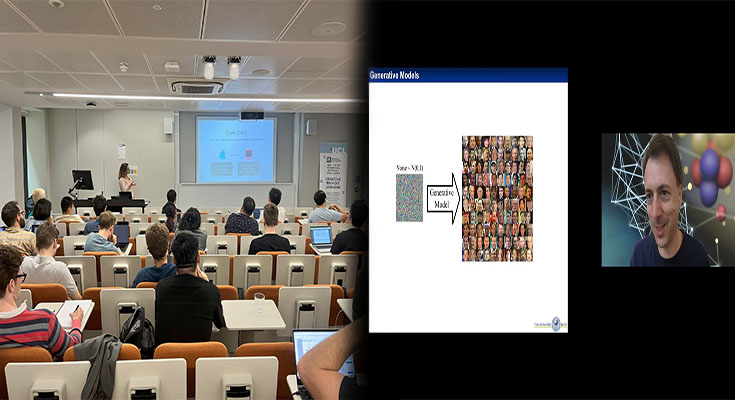
5 Skills I Learned From Critiques
Critiques are a valuable part of the learning process. They can help you understand your own work, and they can also help you understand how others view your work. But critiques can also be difficult! If we don’t know what to expect from a critique or how to interpret it appropriately, then critiquing someone else’s writing can feel like an exercise in futility.
In this post, I’ll share five skills that I learned about myself after being on both sides of the table: as a writer receiving feedback from my peers and as an editor giving feedback to other writers. These skills have helped me become not only more efficient with my own projects but also more effective at helping others improve theirs too!
The value of a critique.
Critiques are a valuable opportunity to learn from others. They can be used to help you identify areas where you are …
5 Skills I Learned From Critiques Read More




